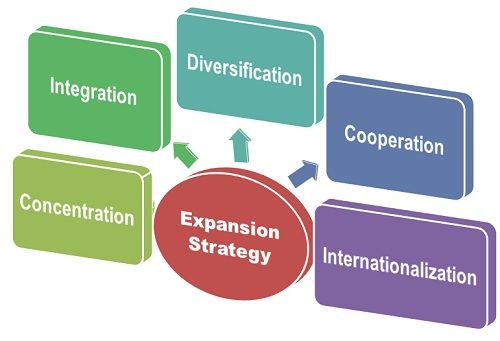By Ibidunni Banjoko
In response to dynamic market shifts and evolving consumer tastes, renowned brands are charting new territories through strategic expansions. These initiatives represent a significant departure in business strategies, offering valuable insights to firms aiming to sustain competitiveness in a rapidly evolving landscape.
Devon King’s: Diversification Beyond Vegetable Oil
Devon King’s, known for its vegetable oil, has diversified its portfolio to include red oil and butter, expanding its product offerings to cater to diverse consumer preferences.
Mamador’s Expansion: From Cooking Oil to Seasoning and Spread
Mamador, celebrated for its cooking oil, has broadened its range to include seasoning and spread, aiming to diversify its product line and capture a wider market share.
Goldenpenny’s Addition of Mayonnaise
Goldenpenny has introduced mayonnaise to its product line, enhancing its portfolio and responding to market demands for diversified food condiments.
FrieslandCampina WAMCO
It appears that Peak, a brand well-known for its evaporated and powdered milk, has expanded its product line to include pap.
Arla Food
Additionally, Arla food brand has incorporated mayonnaise into its product offerings.
Apple’s Ecosystem Evolution
Apple, renowned for Macintosh computers, has diversified into smartphones, wearables, and service sectors like Apple Music and Apple TV+, reducing reliance on a singular revenue stream through innovative expansions.
Nike’s Product Diversification
Nike, an athletic shoe and sportswear brand, has expanded into lifestyle products and athleisure wear, meeting evolving consumer demands while also launching the Nike Training Club app to cater to health-conscious customers.
Starbucks’ Global Penetration
Starbucks has expanded globally by adapting its menu to local tastes while maintaining its brand identity, successfully establishing a global presence in various markets.
Unilever’s Sustainability Drive
Unilever has integrated sustainability into its business strategy, reducing environmental impact and uplifting society, making sustainable living an integral part of its brand.
Amazon’s Brand Expansion
Amazon’s brand has transcended online book sales, expanding into e-commerce, cloud computing, smart devices, and entertainment while leveraging its customer trust and brand recognition.
Walmart’s Digital Pivot
Walmart’s shift to e-commerce and online services illustrates a transformation to compete with digital giants, exemplifying the trend of digital evolution in retail.
Meta’s Strategic Acquisitions
Meta Platforms (formerly Facebook) has expanded significantly by acquiring Instagram and WhatsApp, strengthening its foothold in social media through strategic partnerships.
Domino’s Innovative Distribution Channels
Domino’s Pizza has widened its customer reach by embracing innovative ordering and delivery options, incorporating social media, voice-activated devices, and autonomous delivery vehicles.
Tesla’s Technological Expansion
Tesla’s diversification into energy storage and solar solutions underscores its commitment to sustainable technology and innovation beyond electric vehicles.
Amazon Prime’s Cross-Selling Strategy
Amazon Prime’s loyalty program offers an array of services, facilitating cross-selling of various products and services, enhancing customer loyalty.
These diverse expansion strategies, spanning various industries, highlight the significance of adaptability, innovation, and customer-centric approaches for enduring brand success in a rapidly evolving business landscape. Brands that stay aligned with core values while innovatively expanding their offerings continue to captivate and retain consumers globally.






Comment
No comments found.